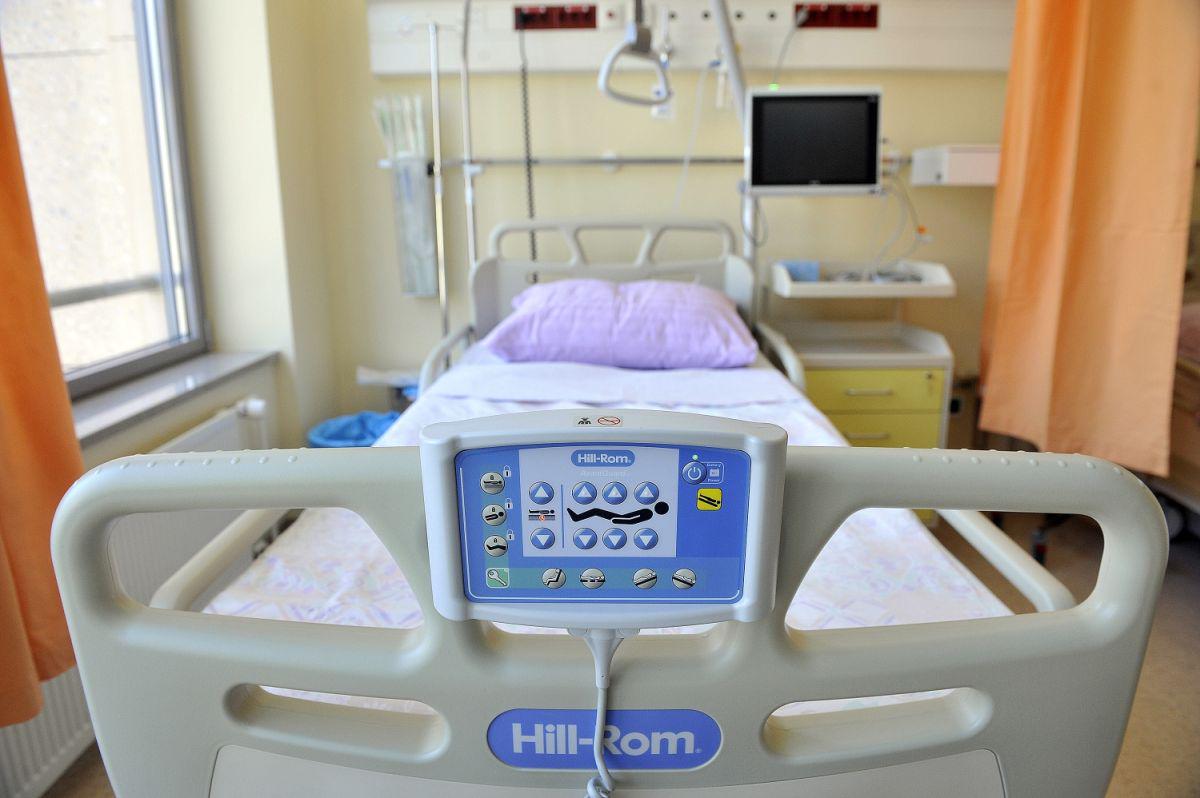
She believes that if the amendment comes into effect, the resulting situation could have long-lasting negative consequences. Therefore, she has asked the court to block the controversial article 10B and to handle the case as a high-priority matter.
Nussdorfer says that Slovenia has a constitution and is a signatory to international conventions; until those are changed, they remain in effect. She believes that the proposed amendment to the act violates several constitutional provisions, including the right to an individual assessment of personal circumstances, the right to a fair and effective legal process, the right to an equal protection of rights, and the principle of non-refoulement, explains the deputy ombudsman Miha Horvat.
The Interior Ministry has not commented the ombudswoman’s decision. However, Interior Minister Vesna Gerkeš Žnidar has repeatedly stated that if the Constitutional Court finds the amendment unconstitutional, it should issue guidelines on how the state should act when the asylum system becomes overwhelmed.
Non-governmental organizations have welcomed the request for a Constitutional Court ruling. Jerneja Turin of Amnesty International Slovenia points out that this will be one of the first decisions made by the newly reconstituted Constitutional Court. That’s why no one is willing to guess what the court’s final decision might be. It’s very possible that the justices will wait for the EU Court of Justice in Luxembourg to weigh in on mass migrations before making its own decision.
Lucija Dimnik Rikič, Radio Slovenija
Translated by J. B.


































































